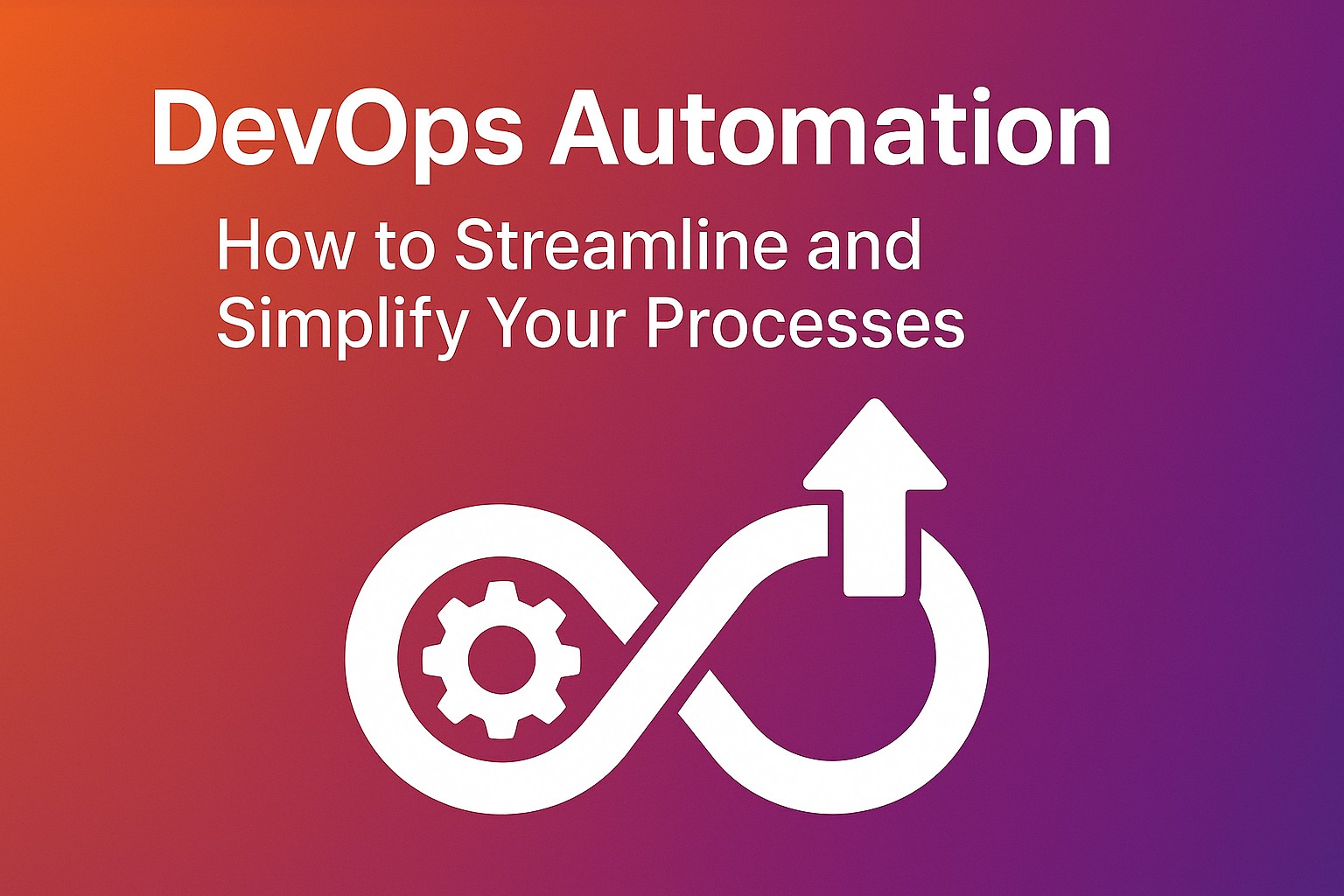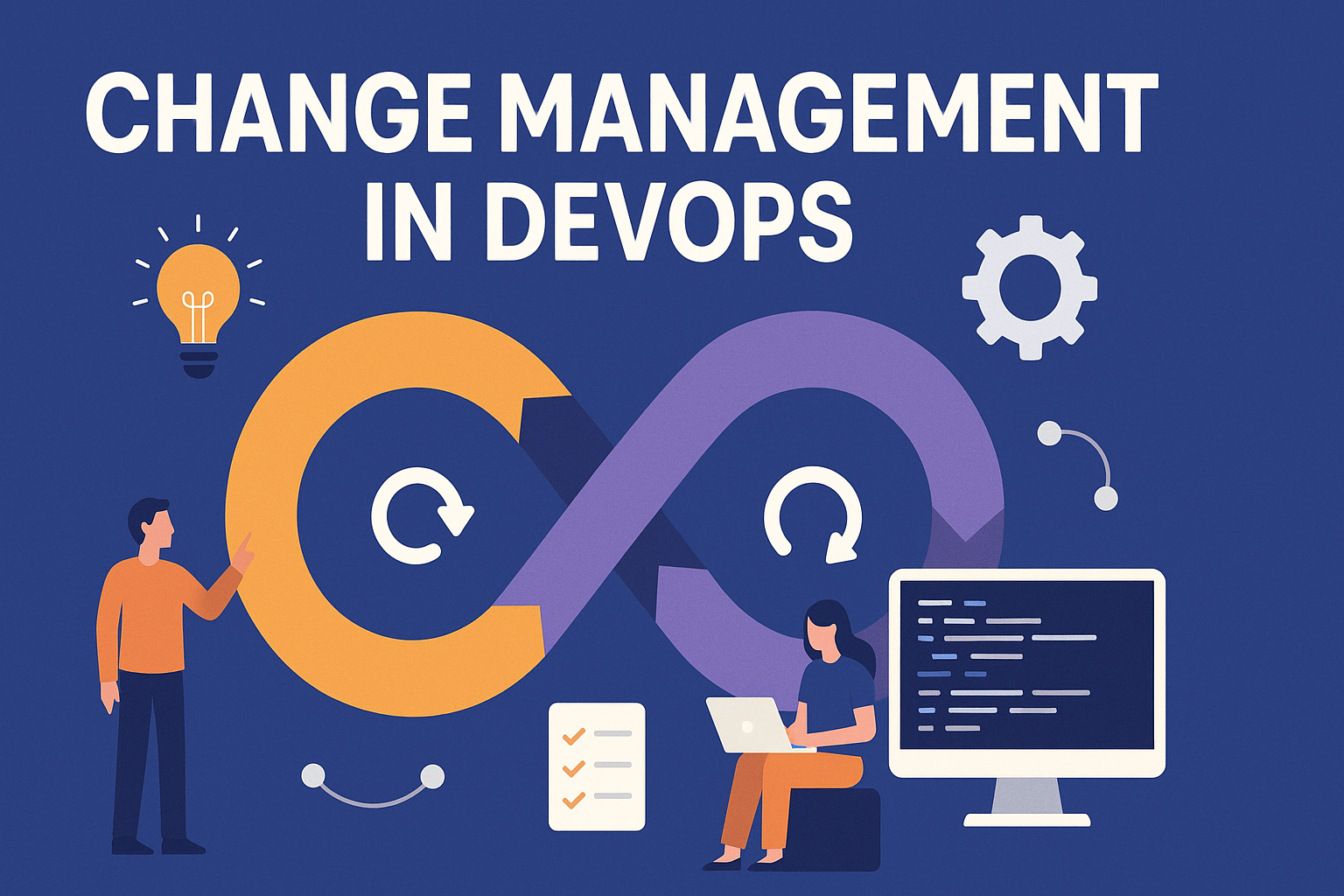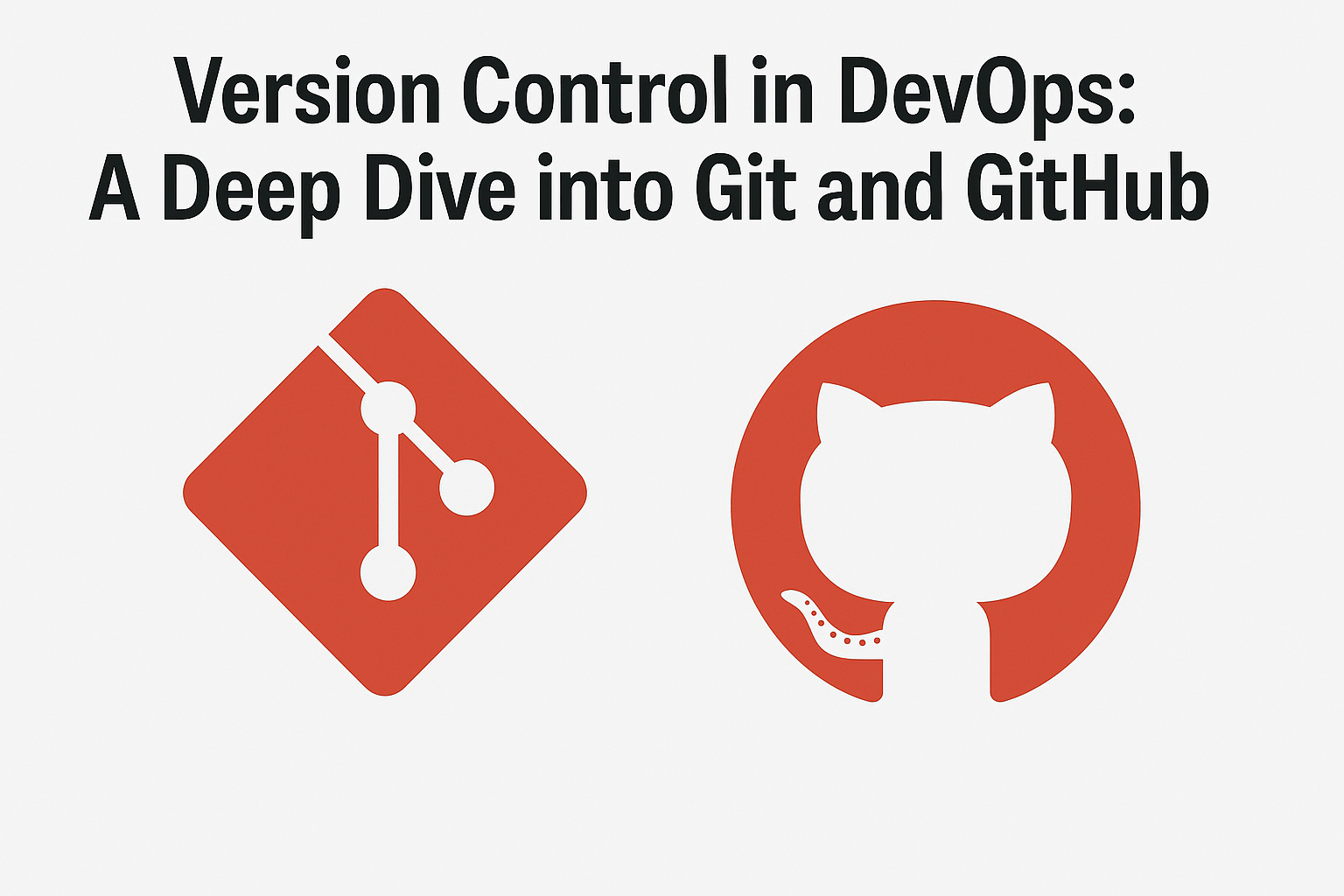Unveiling the Tapestry of Intelligence: Humans vs AI
Mon, 19 May 2025

Follow the stories of academics and their research expeditions

In today's fast-paced world of software development and IT operations, the need for efficiency and agility is paramount. DevOps, which stands for Development and Operations, is an approach that emphasizes collaboration between software development and IT operations teams. It aims to automate and streamline the processes involved in building, deploying, and managing software applications. By implementing DevOps automation, organizations can increase their efficiency, reduce errors, and accelerate time-to-market. In this blog, we will explore the benefits of DevOps automation and provide practical tips on how to streamline and simplify your processes.
DevOps automation allows teams to automate the software delivery pipeline, which includes code integration, testing, and deployment. This automation significantly reduces the time required to move from development to production. As a result, organizations can release new features and updates more quickly, gaining a competitive edge in the market.
By automating manual and repetitive tasks, organizations can lower operational costs. DevOps automation reduces the need for manual intervention in deployment, monitoring, and scaling processes. This, in turn, frees up resources and allows teams to focus on more strategic activities.
DevOps promotes collaboration and communication between development and operations teams. Automation tools and practices facilitate shared responsibilities, leading to a better understanding of each other's needs and priorities. This improved collaboration ultimately leads to more efficient processes.
DevOps automation makes it easier to scale infrastructure and adapt to changing requirements. Whether you need to accommodate increased user demand or roll out updates across multiple environments, automation allows you to do so seamlessly.
Start by identifying tasks that are manual, repetitive, and time-consuming. These are prime candidates for automation. Examples include code compilation, testing, deployment, and configuration management.
Select automation tools that align with your organization's needs and technology stack. Popular DevOps automation tools include Jenkins, Travis CI, Ansible, Docker, and Kubernetes. Consider the specific requirements of your projects when making your choices.
Develop a detailed plan for implementing automation in your DevOps processes. Define the scope, set objectives, and establish a timeline for the automation project. Make sure to involve all relevant teams and stakeholders in the planning process.
Automated testing and continuous integration are crucial components of DevOps automation. Implement automated test suites and CI/CD pipelines to catch and fix issues early in the development cycle. This reduces the risk of defects in production.
Infrastructure as Code (IaC) allows you to define and manage your infrastructure using code. Tools like Terraform and AWS CloudFormation enable you to automate the provisioning and configuration of infrastructure, making it easier to scale and replicate environments.
Implement monitoring and measurement tools to track the performance of your automated processes. Collect data on key metrics, such as deployment frequency, lead time, and change failure rate, to assess the impact of automation on your DevOps practices.
DevOps is an ongoing journey of continuous improvement. Regularly review and refine your automation processes to ensure they remain aligned with your organization's goals and evolving needs.
DevOps automation is a powerful approach for streamlining and simplifying your software development and IT operations processes. By automating repetitive tasks, implementing continuous integration, and using infrastructure as code, organizations can enjoy faster time-to-market, improved quality, and reduced costs. Collaboration between development and operations teams is enhanced, leading to better overall efficiency. To stay competitive in today's rapidly changing technology landscape, consider adopting DevOps automation as a core part of your strategy.
Mon, 19 May 2025

Fri, 16 May 2025

Fri, 16 May 2025

Leave a comment